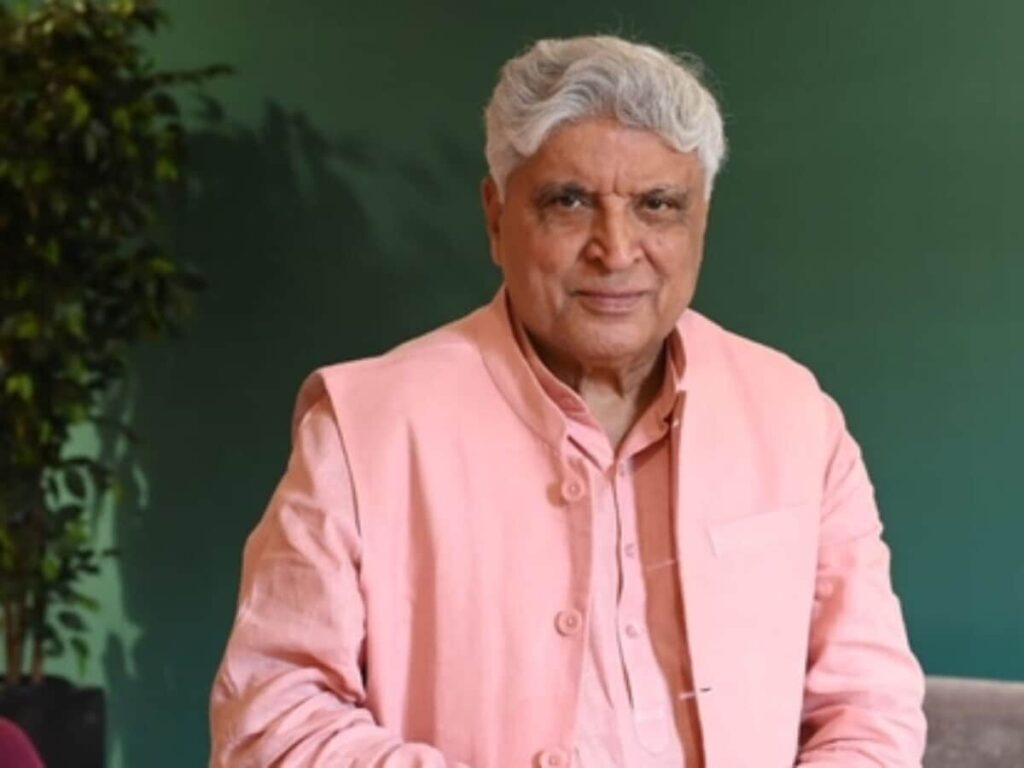In recent times, the rise of social media has led to an increase in online trolling, especially for public figures. In this context, legendary Hindi film industry writer and lyricist Javed Akhtar has shared his thoughts on how he approaches online negativity. He revealed that while his family advises him to ignore trolls, he believes in addressing them directly. This insight opens up a larger discussion about the dynamics between celebrities and their online criticism.
The Nature of Online Trolls
Online trolls often thrive on creating chaos and spreading negativity. Their motivations can vary widely, ranging from a desire for attention to a genuine attempt to provoke a reaction. Understanding the psychology behind trolling can help in formulating effective responses.
Why Do People Troll?
- Anonymity: Many trolls feel emboldened by the anonymity the internet provides, allowing them to express their opinions without accountability.
- Seeking Attention: For some, trolling is a way to gain attention or notoriety in online communities.
- Insecurity: Individuals who troll may be projecting their insecurities onto others, driving them to lash out in harmful ways.
Javed Akhtar’s Approach to Trolling
Javed Akhtar’s decision to engage with trolls rather than ignore them sets him apart from many celebrities. His philosophy reflects a proactive stance that resonates with many who find themselves in similar situations.
The Impact of Responding to Trolls
| Response Strategy | Positive Outcome | Negative Outcome |
|---|---|---|
| Ignore | Minimized engagement with negativity | Encourages further trolling |
| Engage | Provides clarity and counters misinformation | Potential escalation of conflict |
| Humor | Defuses tension and showcases confidence | Can backfire if perceived as insincere |
The Role of Family Support
Akhtar’s relationship with his family highlights the importance of support systems in handling public life. His family’s advice to avoid engagement with trolls suggests a protective instinct, emphasizing a common worry among public figures about the mental toll of online harassment.
Conclusion
Javed Akhtar’s unorthodox approach toward online trolls sheds light on a larger issue faced by many in the public eye. While his willingness to respond may not be universally applicable, it certainly ignites a conversation about the best practices for handling online negativity. Ultimately, the decision to engage or ignore is deeply personal and can vary depending on individual circumstances. As digital interactions continue to evolve, public figures like Akhtar are paving the way for how we might redefine the boundaries of celebrity interaction in the age of social media.
